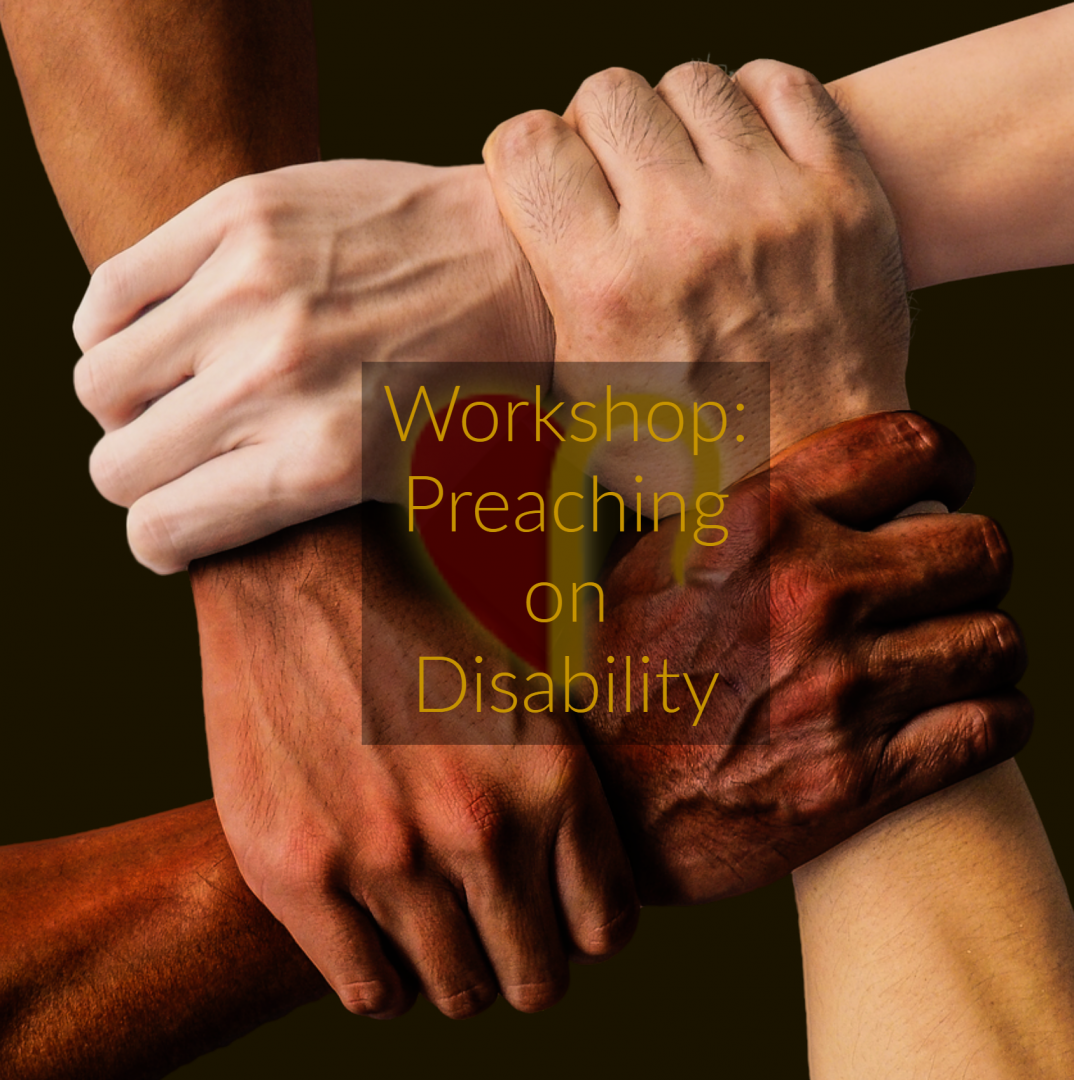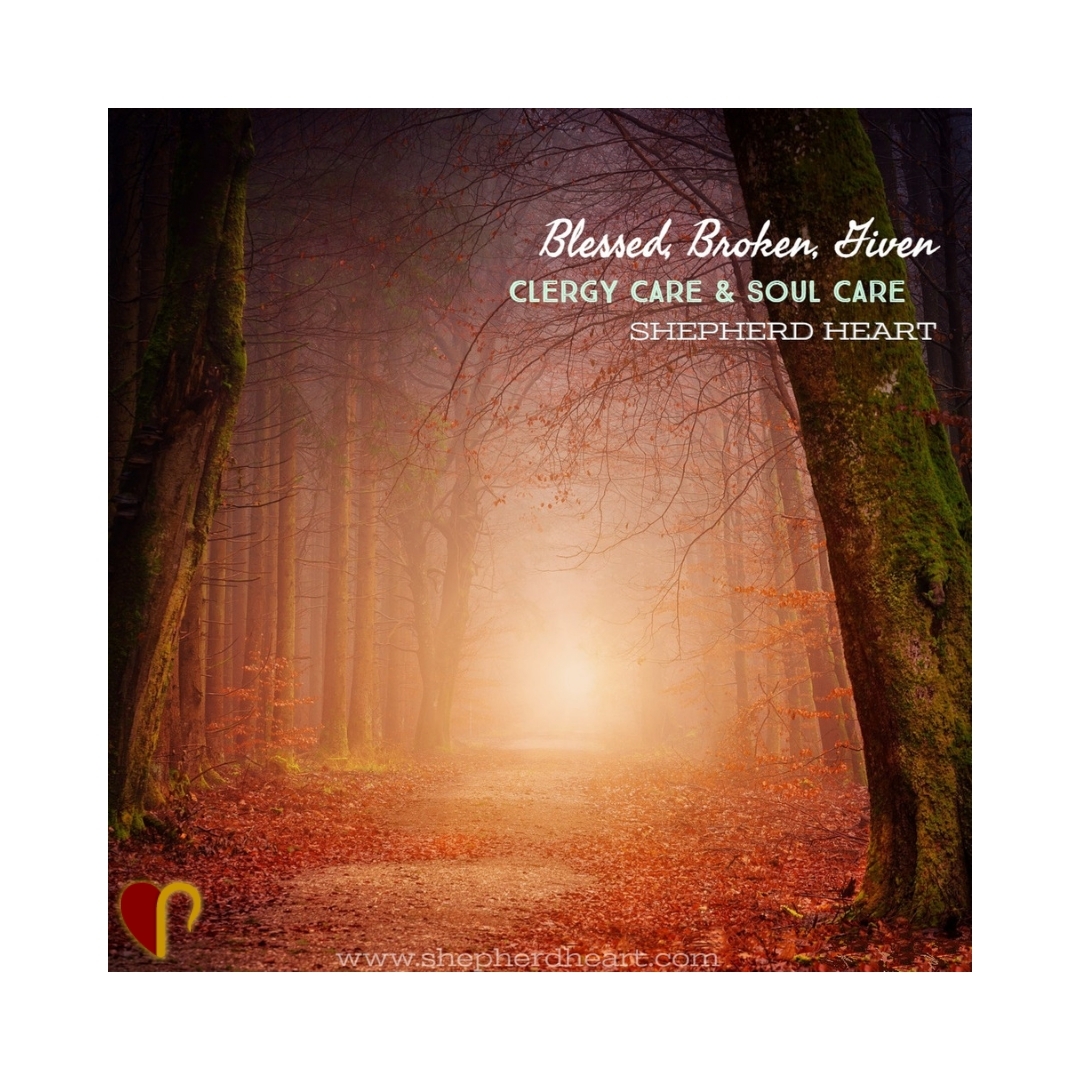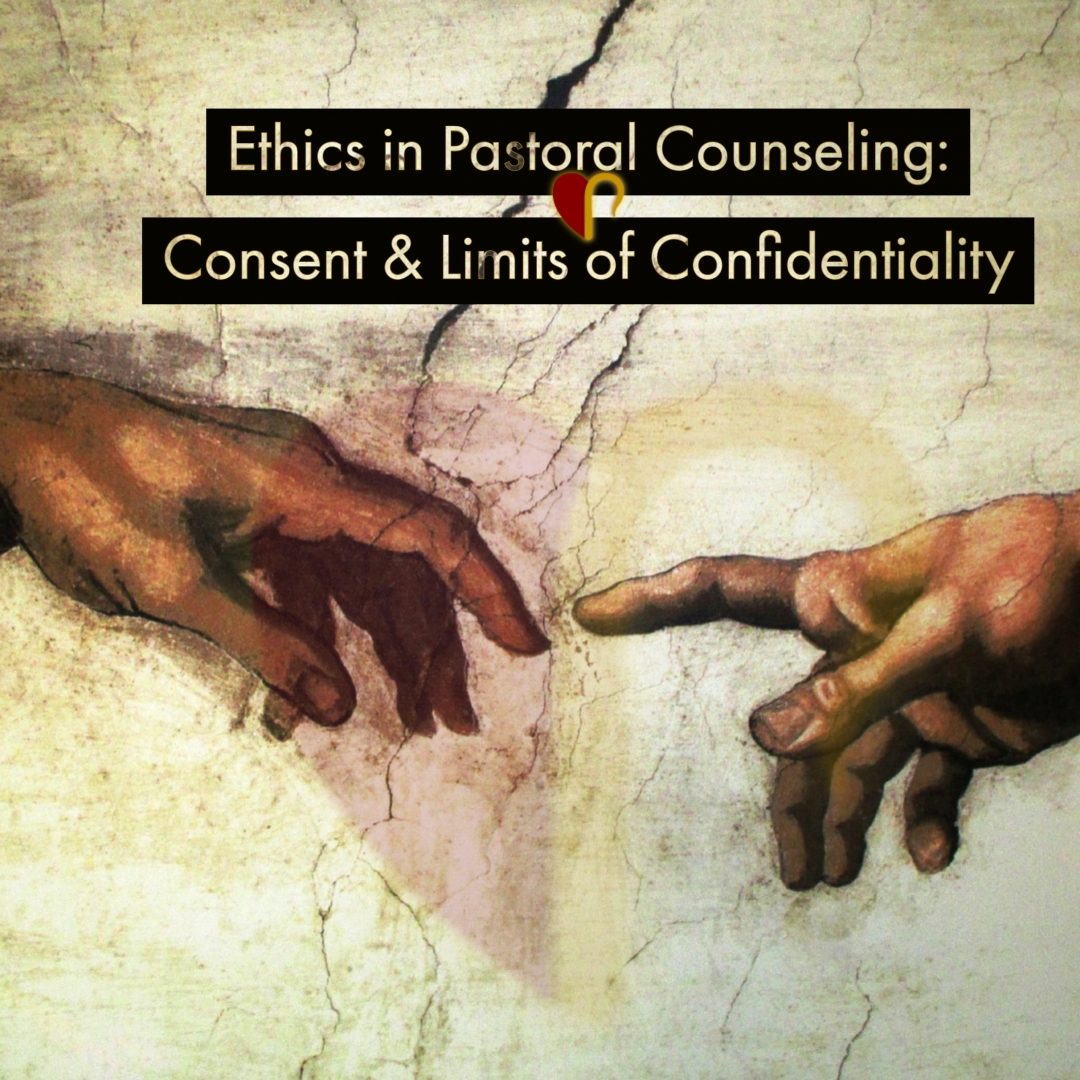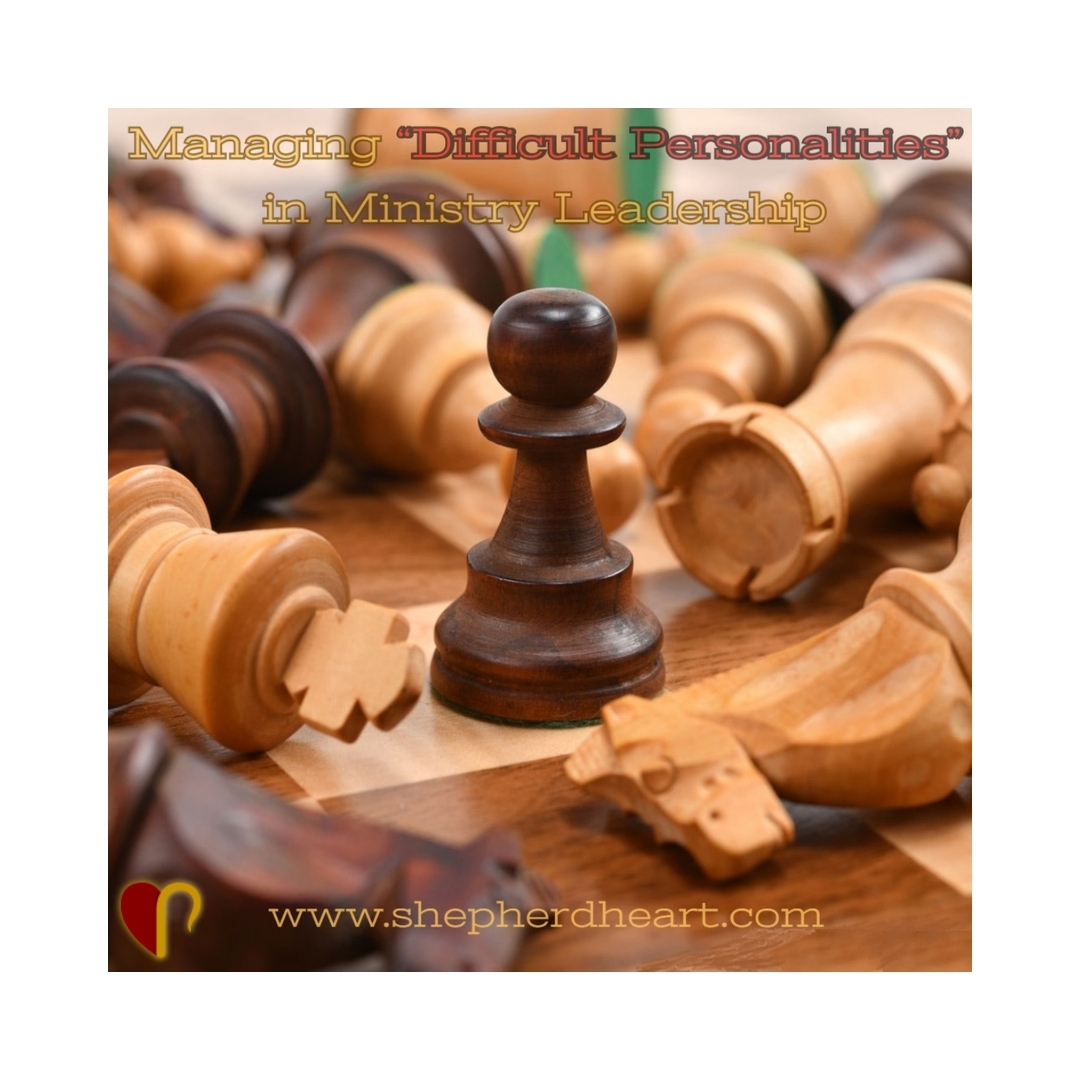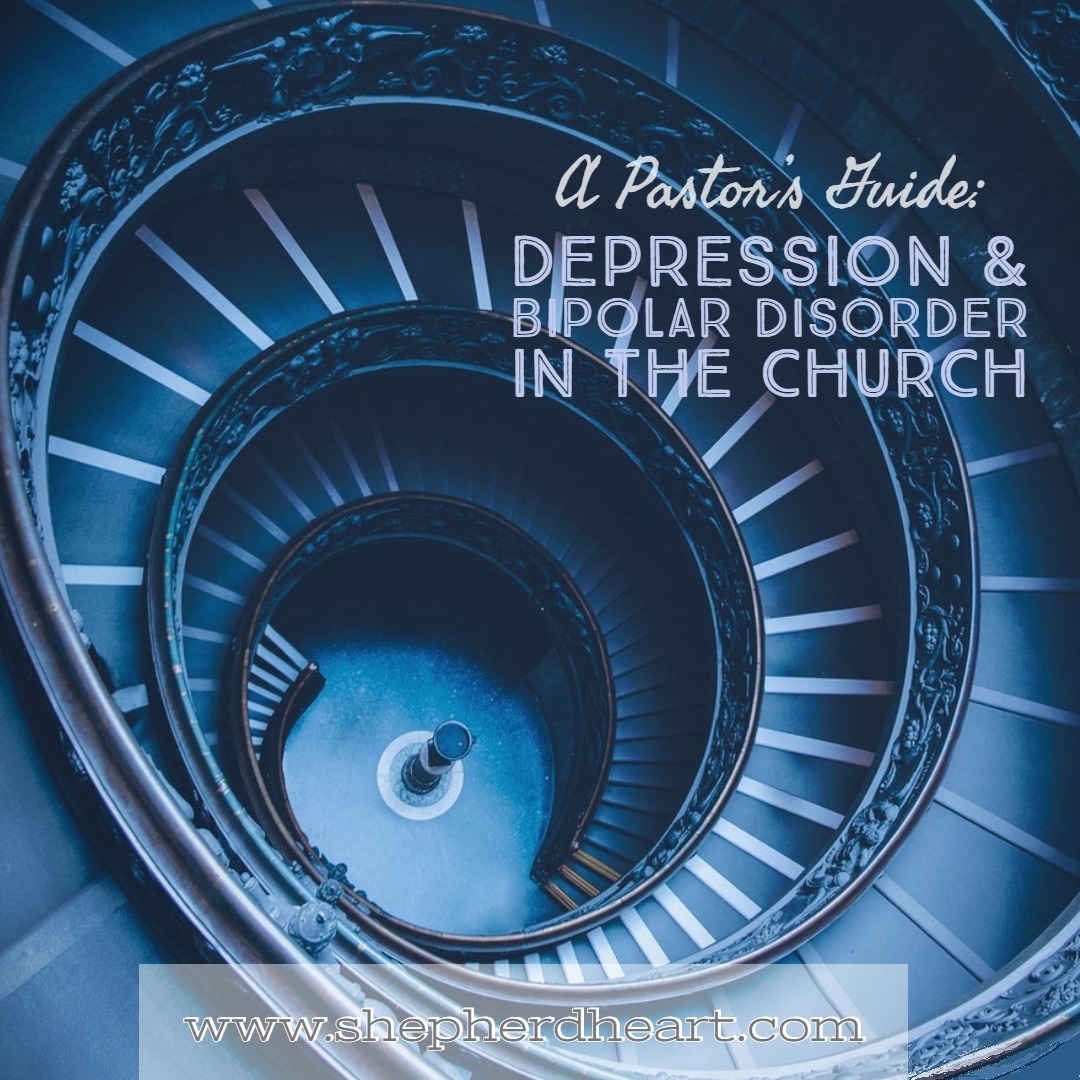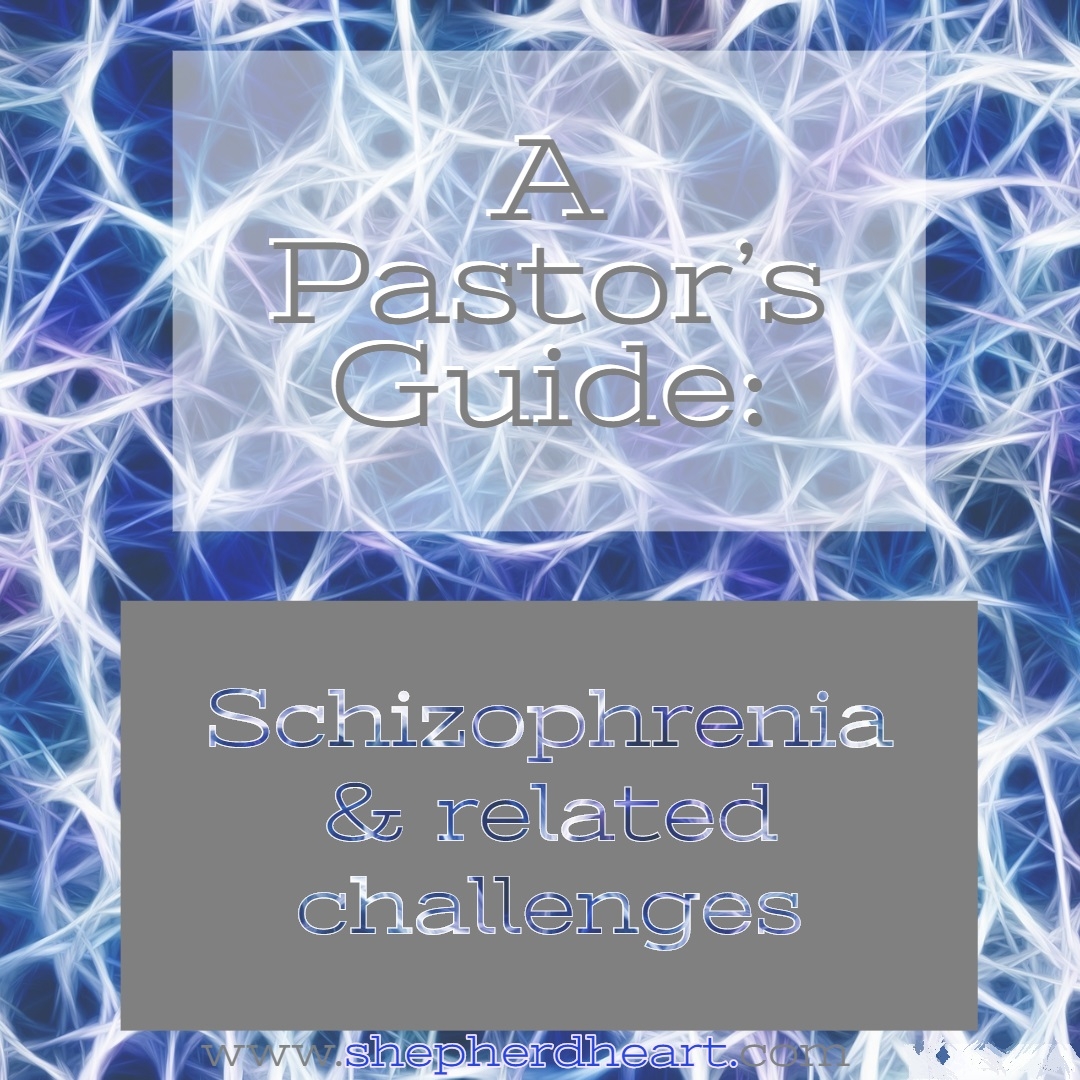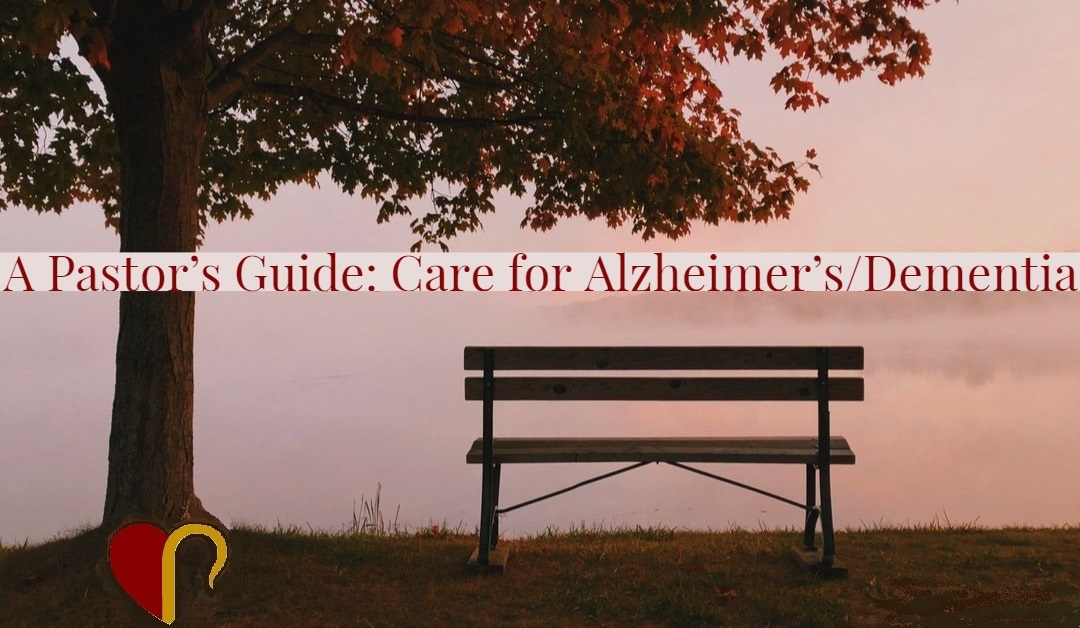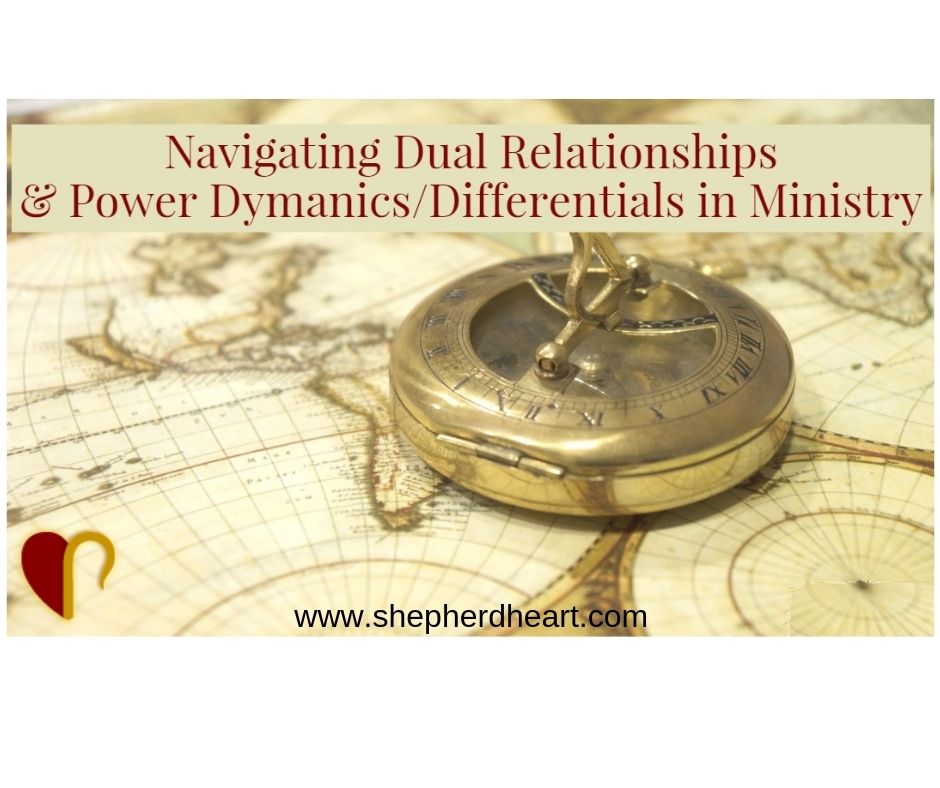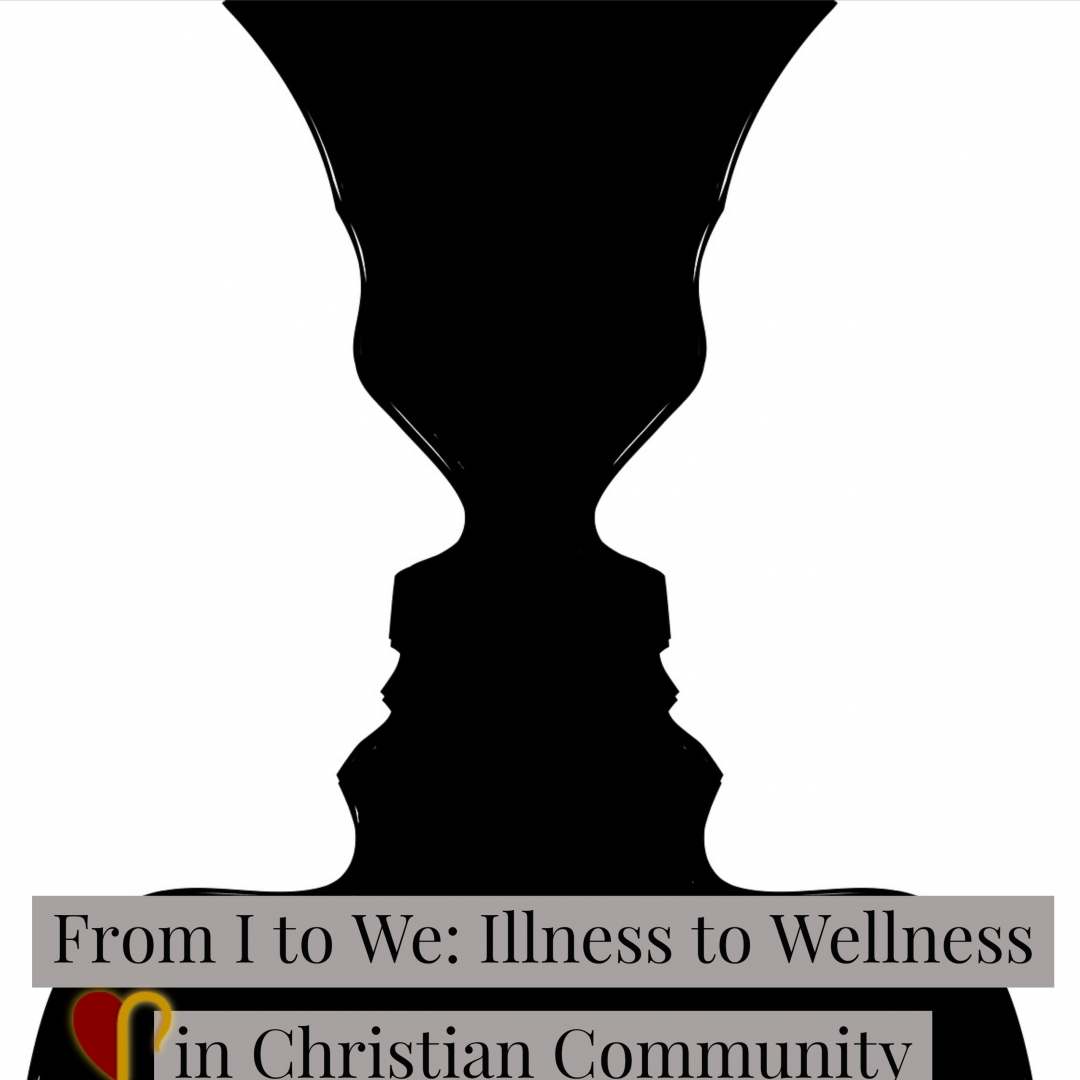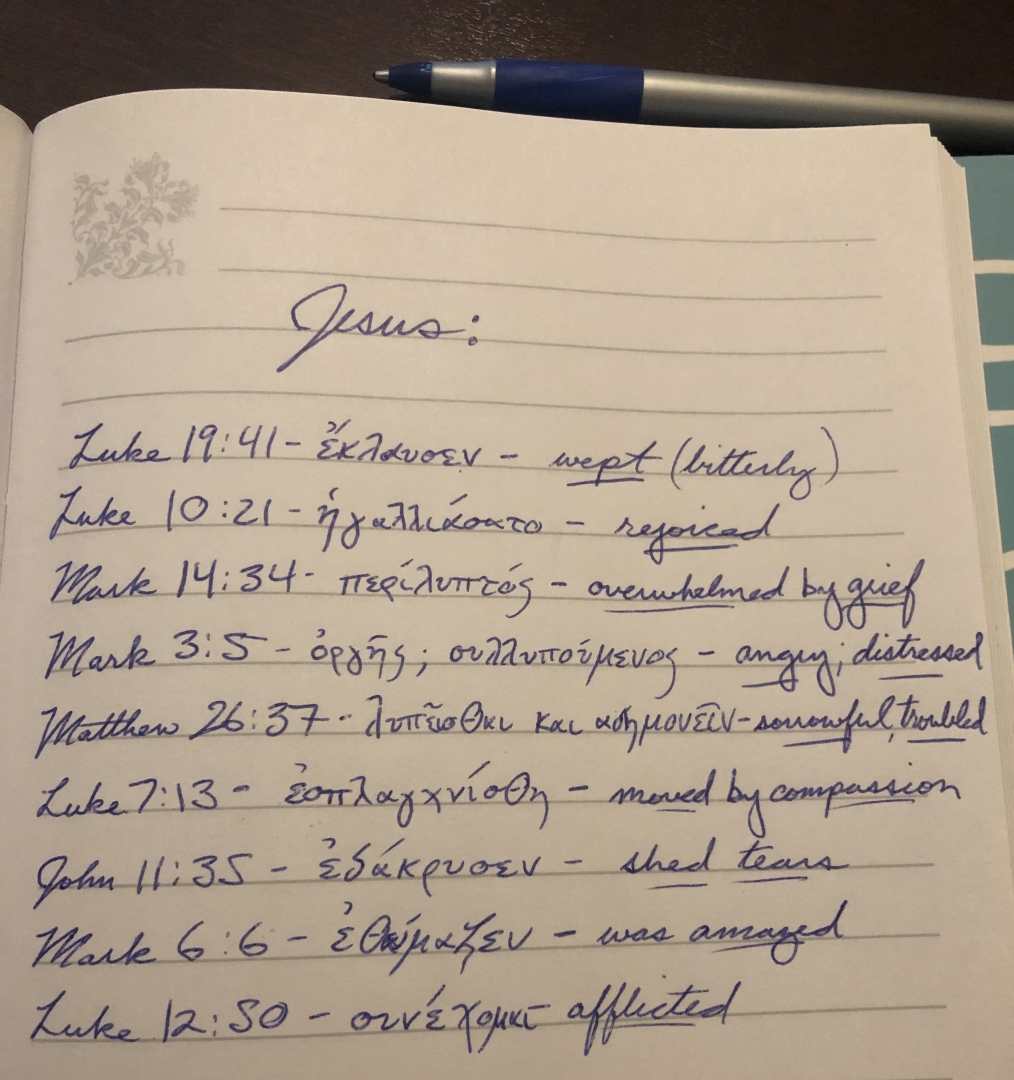
The Shema: A Call to Wholeness…
by Melissa Hofstetter
This was the first week of classes at seminary, where I teach a course on Pastoral Counseling & Congregational Health. The very title of the course often suggests to ministry students an allocentric emphasis- a focus on care of the other. And that would be very true – in part…but not wholly. In fact, at the heart of pastoral care and counseling is something even greater, which demands even more of us than competent care of others.
As is my habit when teaching or consulting with pastors, we started our ministry class together with a bit of biblical exegesis- on wholeness- what it means to have integrity. We started with the Shema.
We read it together:
Sh’ma Yisrael Adonai Eloheinu Adonai Ecḥad
“Hear, O Israel: The Lord Our God, The Lord is One.”
V’ahavta et Adonai Elohecha
“Love the Lord your God…”
B’chol l’vavcha,
“With all your heart…”
uv’chol nafshecha
“And with all your soul…”
uv’chol me’odecha
“And with all your… [what?]”
…I asked them. The ministry students paused for a minute, and began volunteering some of their favorite translations’ interpretations:
“All your strength!”
“All your might!”
“All your force!”
Yes. What else could it be?
They looked at each other. It’s not as straightforward a translation as one might think. I asked if anyone remembered from their Hebrew class what that last word in the passage, meod, means …as in “when God made human life he saw that it was… tov meod” (Gen. 1:31)?
Then, they had it:
Love the Lord your God… with all your “very.”
—-
Jesus turned to the Shema when asked which was the greatest commandment, and in its recitation, he added “Love the Lord …with all your mind” (dianoia). And why not? After all, the Shema is a call to love our One God with the totality of who and what we are. So why not include “mind”?
With this “in mind,” we tried a few other things on for size:
“Love the Lord …with all your guts”…even! Because it certainly takes “guts” to have integrity – to love the Lord with all of who we are.
The New Testament word that described Jesus’ compassion for others was slagchnizomai – “to feel it in one’s spleen” – even in your innermost parts- for another person. And indeed it takes courage (“guts”) to not only Love God, but to do what is like it: “To love your neighbor as yourself” – to treat others as if they were an extension of your very self. Just like the Self, integrity of the Other is to be protected and preserved. To love one’s neighbor as self includes never taking advantage to meet one’s own needs. This kind of God-Loving integrity & non-exploitative love for the Other are the cornerstones of pastoral ethics, care, & counseling. All of us, every part of us, matters in how we love.
As incarnational ministers of the Gospel, there is a tripartite reciprocity that we’re called to: Loving the One/Whole/Holy God with the totality of who and what we are; to love our neighbor as if extensions of our very selves; and to nurture and honor the Self as whole and holy.
The totality of who and what we are matters in how we love God. Indeed, who and what we are is how we love God.
Current/Upcoming Ministries & Events:



